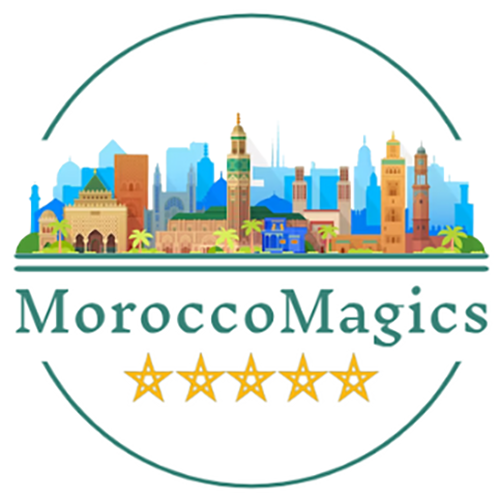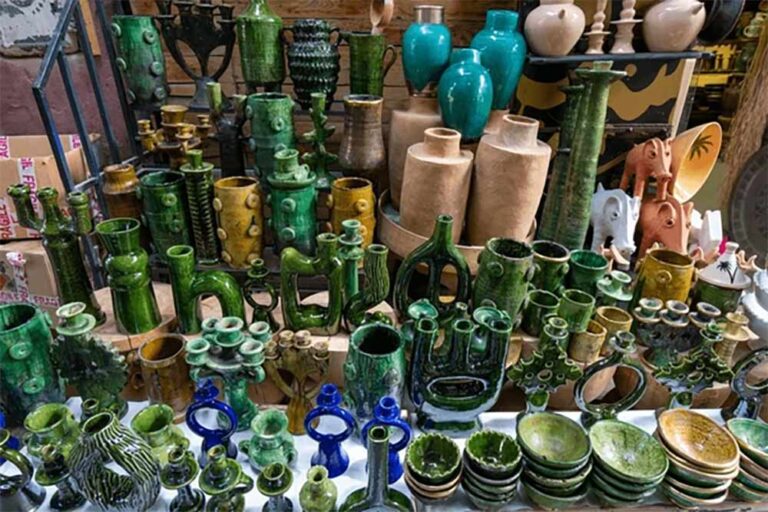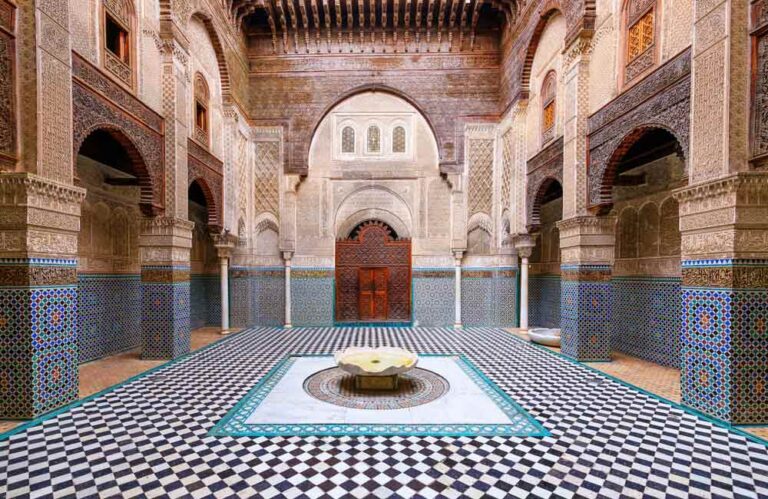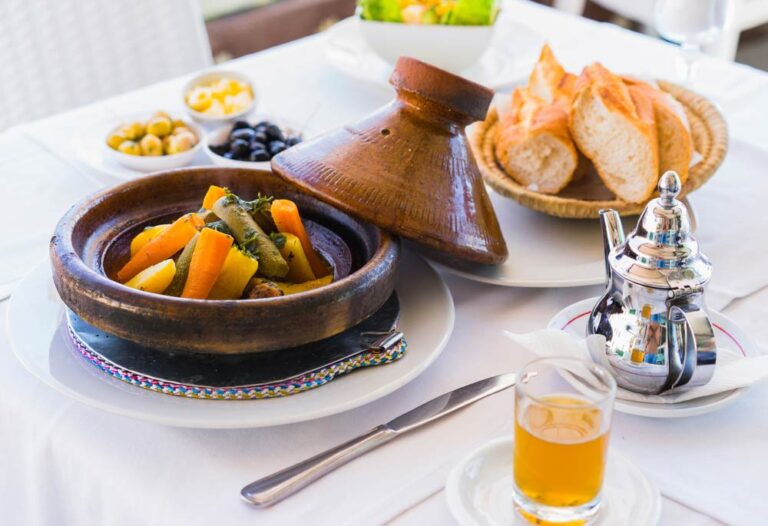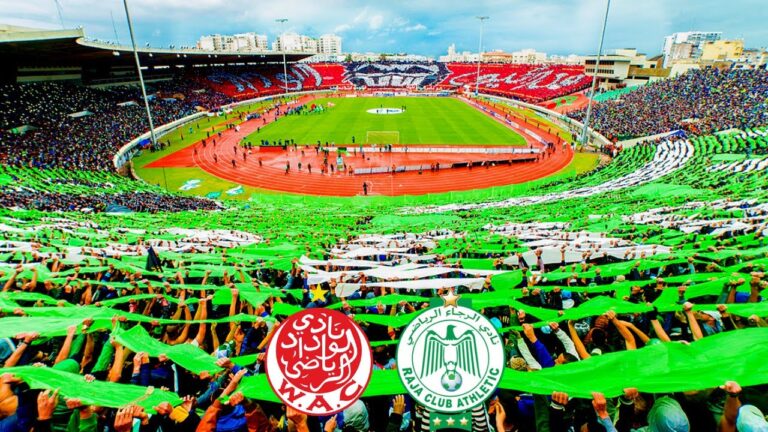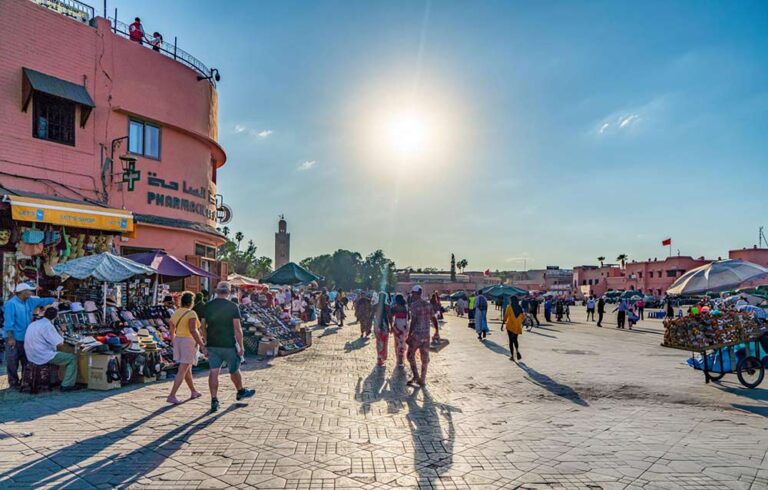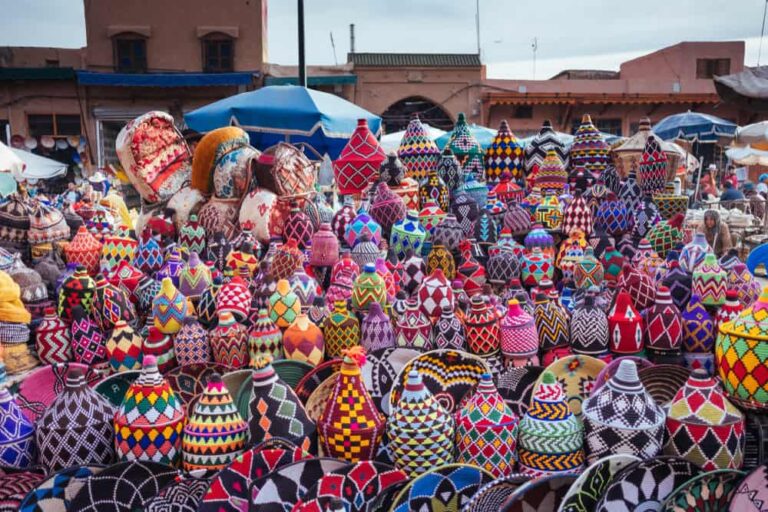Challenges and Triumphs in Moroccan Literature and Poetry
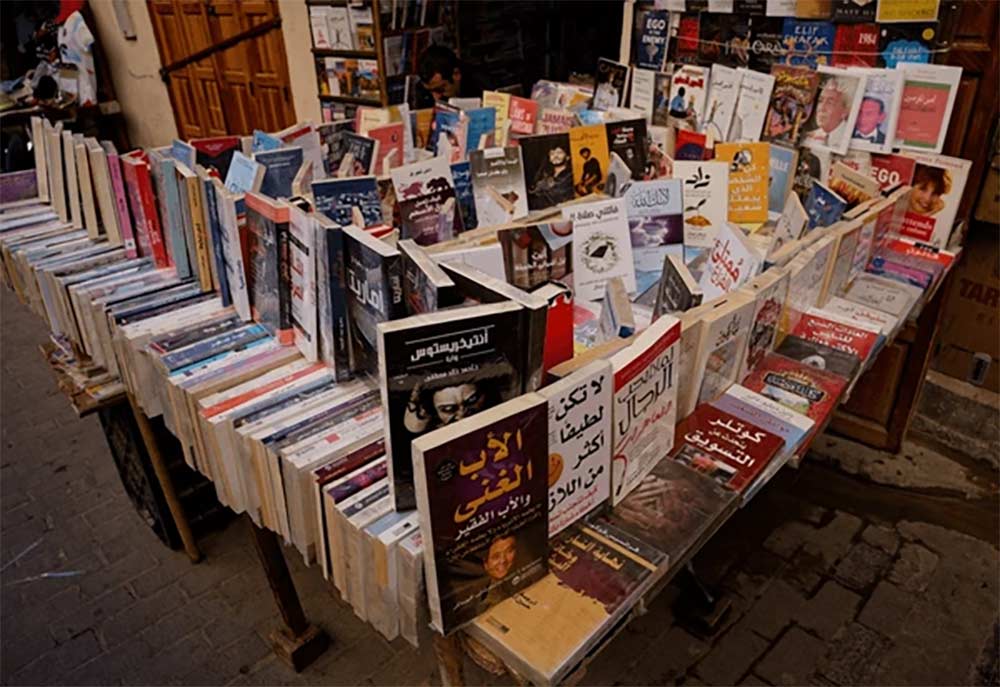
Moroccan literature and poetry are full of rich stories and colorful traditions. They tell tales of the past and present. They bring the vibrant culture of Morocco to life. From ancient times to modern days, Moroccan writers have created works that touch hearts and minds.
Moroccan literature has a long history. It started many centuries ago. The first stories were often about heroes and adventures. They were passed down through generations. As time went on, these stories were written down. Moroccan poetry also has deep roots. It often explores themes of love, nature, and life. Poets use beautiful words to express deep feelings.
Learning about Moroccan literature and poetry helps us understand the culture. It shows us how people thought and felt at different times. It reveals the struggles and joys of Moroccan life. By reading these works, we can see how Morocco has changed and grown over the years. This understanding makes us appreciate the beauty and depth of Moroccan art and culture.
Key Themes and Styles
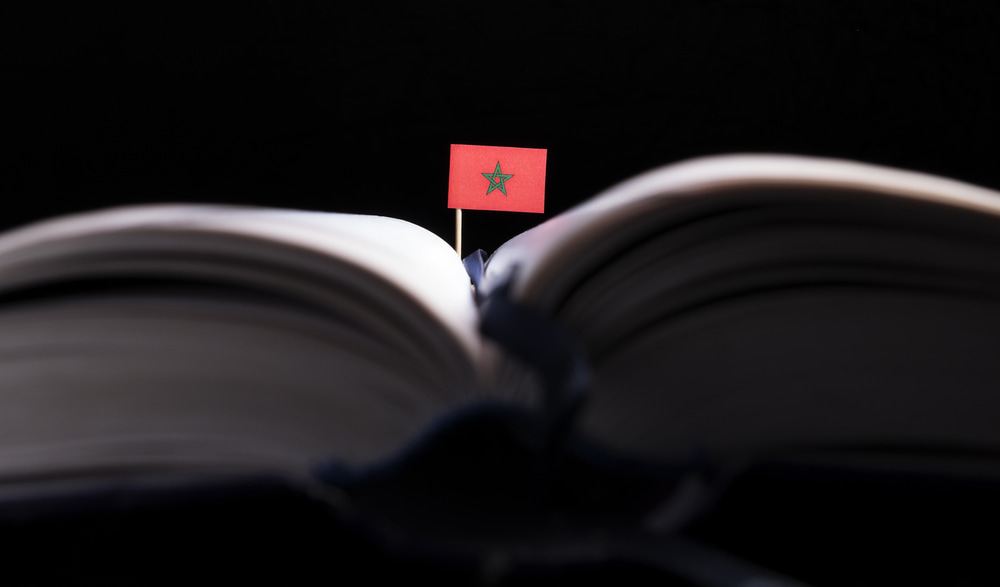
Moroccan literature is diverse and vibrant, reflecting the country’s rich history and culture. Early stories often centered around heroic deeds and adventurous journeys. These tales, passed down orally through generations, were later written down, preserving the legends and myths of the past. They often featured magical elements and mythical creatures, making them captivating and imaginative for listeners and readers alike.
As Morocco evolved, so did its literature. Themes such as love, family, and nature became central. Writers and poets began to explore these subjects with a deep sense of emotion and connection. Love poems would often draw beautiful comparisons between nature and the beloved, using metaphors to express profound affection. Family stories emphasized the importance of kinship and the bonds that hold people together through thick and thin.
The styles of writing in Moroccan literature have also undergone significant changes. Early works were known for their poetic and descriptive language, full of vivid imagery and elaborate metaphors. These works often required a careful and thoughtful reading to fully appreciate their beauty and depth. In contrast, modern Moroccan literature tends to be more direct and accessible. Contemporary writers focus on real-life issues and everyday experiences, such as city life, social changes, and personal struggles. This blend of traditional and modern styles gives Moroccan literature its unique character and appeal.
Notable Authors and Works
Morocco has a rich tradition of producing remarkable authors and poets whose works have made significant contributions to literature.
One of the earliest influential authors was Ibn Battuta, a renowned explorer whose travel writings provided invaluable insights into the cultures and societies of the medieval world. His detailed accounts of his journeys across Africa, Asia, and Europe have fascinated readers for centuries.
In more recent times, Mohamed Choukri is a prominent figure in Moroccan literature. His autobiographical novel, “For Bread Alone,” is a raw and powerful depiction of his harsh childhood and struggle with poverty. This book offers an unflinching look at the realities of life in Morocco and has been praised for its honesty and emotional depth.
Leila Abouzeid is another significant author. Her novel “Year of the Elephant” tells the story of a woman’s life after Morocco’s independence. The narrative delves into the personal and societal challenges faced by women during this transformative period. Abouzeid’s work is notable for highlighting the experiences and voices of Moroccan women, which have often been overlooked in literature.
These authors, along with many others, have enriched Moroccan literature with their unique perspectives and storytelling. Their works continue to inspire and educate readers about the complexities of Moroccan life and culture.
Contemporary Literature
Modern Moroccan literature has seen a remarkable evolution, welcoming a variety of new themes and styles. Contemporary writers explore subjects like identity, migration, and the impact of globalization. These themes reflect the changes and challenges faced by modern Moroccan society and resonate with a wide audience.
One significant aspect of contemporary Moroccan literature is its linguistic diversity. Writers often compose their works in Arabic and French, reflecting Morocco’s colonial history and current linguistic landscape. Additionally, some authors write in Amazigh, the language of the indigenous Berber people. This linguistic variety not only enriches Moroccan literature but also makes it accessible to a broader audience.
Globalization is a recurring theme in modern Moroccan literature. The authors examine how global influences affect local traditions and lifestyles. They explore the tension between preserving cultural heritage and adopting new ideas. This makes contemporary Moroccan literature dynamic and relevant, as it addresses both local and global issues.
Poetry
Poetry holds a special place in Moroccan culture. Traditional Moroccan poetry often focuses on themes of love, nature, and spiritual devotion. Poets use rich, lyrical language to express their thoughts and emotions. One famous form of traditional Moroccan poetry is the Malhun, which is often performed with musical accompaniment. These poetic songs are known for their melodic beauty and profound meaning.
Modern Moroccan poets continue to innovate, experimenting with new styles and themes. They write about social issues, personal struggles, and the quest for identity. Their poems reflect the complexities of modern life while maintaining a connection to traditional forms. Prominent modern poets include Abdellatif Laâbi, who writes about freedom and human rights. His work is both powerful and thought-provoking, making him a leading voice in Moroccan poetry.
Literary Festivals and Institutions
Literary festivals play a crucial role in promoting Moroccan literature. One of the most famous is the Marrakech International Book and Film Festival. This event brings together writers, poets, and artists from around the globe. It provides a platform for Moroccan authors to showcase their work and engage with a global audience. The festival features book signings, readings, and discussions, fostering a vibrant literary community.
There are also important literary institutions like the Royal Institute of Amazigh Culture. This institute works to preserve and promote Amazigh literature and language. It supports authors by publishing their works and organizing events to celebrate Amazigh culture. Other institutions, such as universities and cultural centers, also play a significant role in nurturing literary talent and promoting Moroccan literature both locally and internationally.
These festivals and institutions help keep Moroccan literature vibrant and dynamic. They provide opportunities for writers to share their stories and connect with readers, ensuring that the rich literary heritage of Morocco continues to thrive.
Influence and Recognition
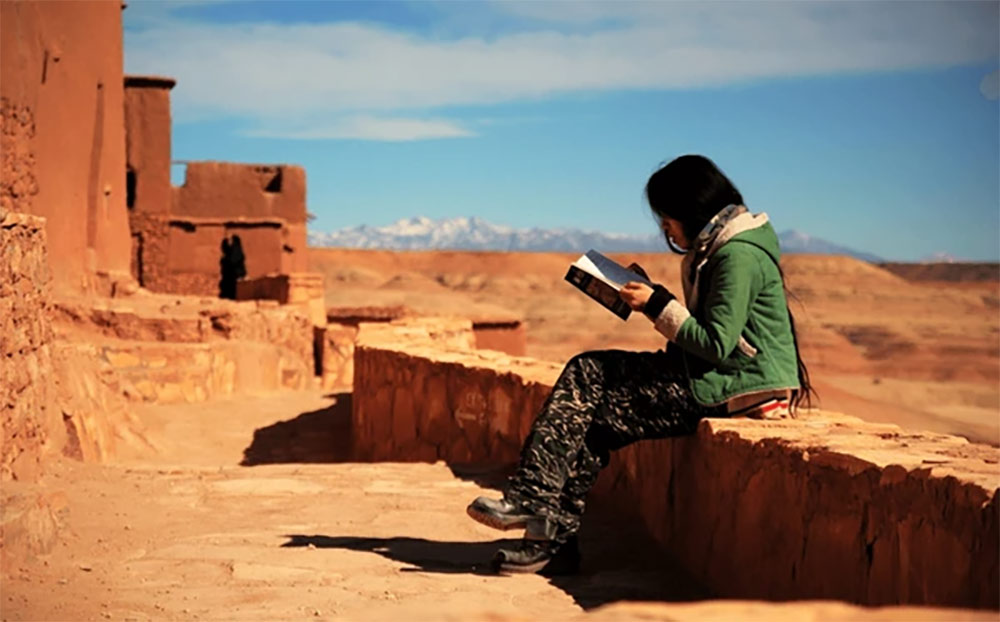
Moroccan literature has gained significant international recognition over the years. Many Moroccan authors have received prestigious awards and accolades for their work. For instance, Tahar Ben Jelloun, a Moroccan-French writer, won the Prix Goncourt, one of France’s top literary awards. His novels, which often explore themes of identity and migration, are widely read and respected around the globe.
Moroccan literature has also influenced global literary trends. Themes and styles from Moroccan writing appear in works by authors from different countries. This shows the far-reaching impact of Moroccan literature. Additionally, Moroccan stories and poems inspire films, plays, and other art forms, highlighting their universal appeal.
The influence of Moroccan literature extends beyond books. It enriches the global arts scene and fosters cross-cultural exchange. By exploring Moroccan literature, readers gain a deeper understanding of the human experience and the shared themes that connect us all.
Challenges and Opportunities
Moroccan writers face several challenges in their work. One major challenge is the limited access to publishing resources. Many talented writers struggle to get their works published and distributed. This makes it difficult for them to reach a wider audience and gain recognition for their efforts.
Another challenge is censorship. Writers must navigate complex political and social boundaries, which can limit their freedom to explore certain topics. This can be particularly challenging for authors who wish to address sensitive issues or critique societal norms.
Despite these challenges, there are many opportunities for Moroccan literature. The rise of digital publishing has made it easier for writers to share their work online. Social media platforms also provide a way for authors to connect with readers and promote their books. These digital tools help writers overcome some of the barriers they face in traditional publishing.
Literary festivals and international collaborations offer more chances for Moroccan writers to gain recognition. These platforms help showcase their work to a global audience, opening up new possibilities for growth and development. By leveraging these opportunities, Moroccan literature can continue to thrive and reach new heights.
Conclusion
Moroccan literature and poetry are rich and diverse. They reflect the country’s history, culture, and contemporary life. From ancient tales of heroes to modern stories of social change, Moroccan writers have much to offer. By exploring their works, we gain a deeper understanding of Morocco’s literary heritage and its ongoing evolution.
The key themes and styles that define Moroccan literature are a testament to its richness and variety. The contributions of notable authors and the vibrant contemporary literary scene highlight the dynamic nature of Moroccan storytelling. Literary festivals and institutions play a crucial role in promoting and preserving this cultural treasure. Despite the challenges, Moroccan literature continues to gain recognition and influence globally.
